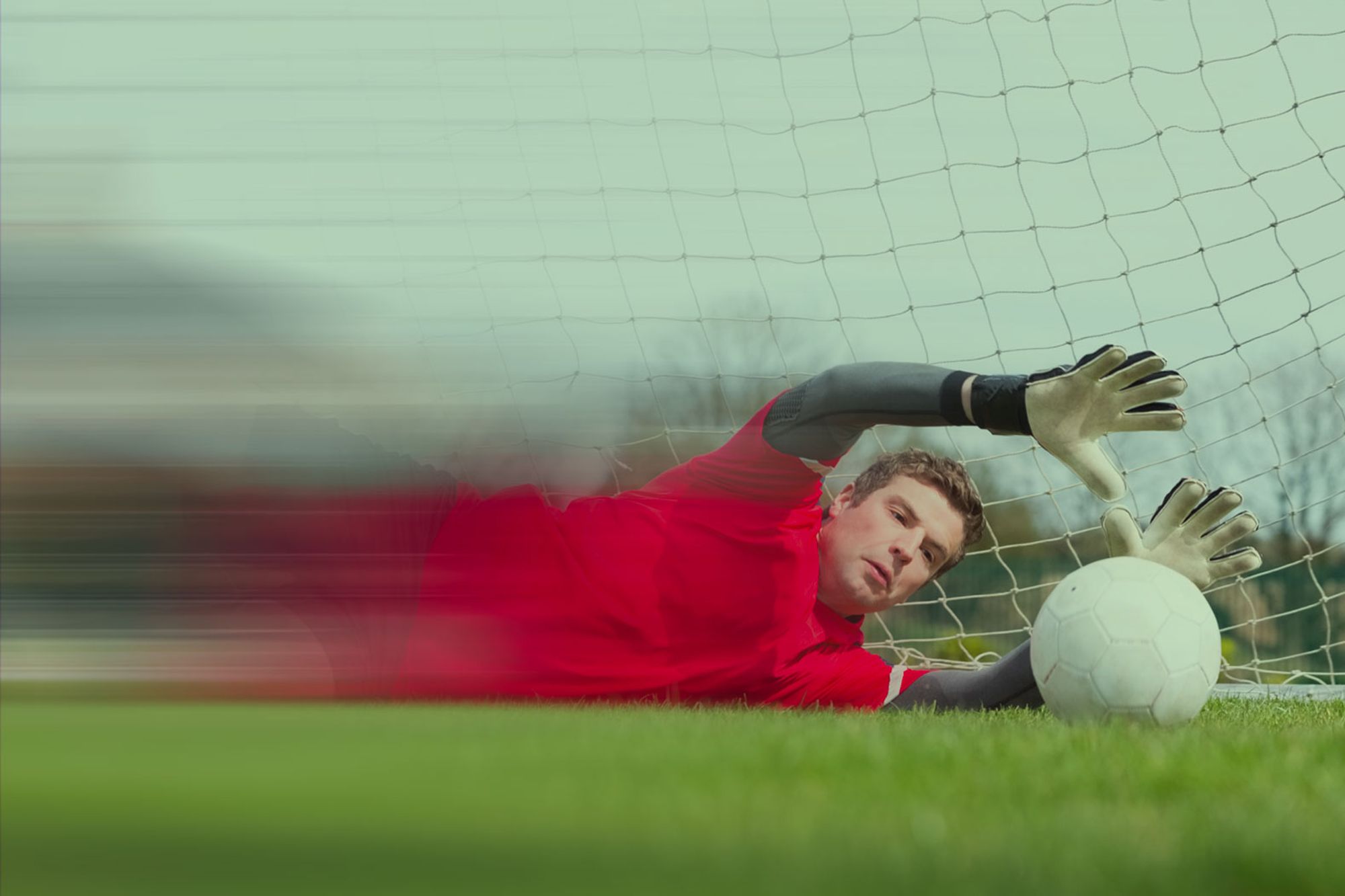
Instinct and rapid decision-making: the impact of data on goalkeepers’ reactivity
Amine El Assouri, Keeper In Motion
In the world of sport, the intersection between goalkeepers’ instincts and technological advances is radically transforming the game. Traditionally rooted in reflexes and intuition, the goalkeeper’s role is now influenced by data analysis and innovation. This evolution highlights the growing importance of balancing intuition and data-driven strategy to optimize split-second decisions, marking a new era in goalkeeper preparation and performance in the digital age.
The Data Revolution in Football
The position of goalkeeper, essential to any soccer team, has undergone a dramatic transformation in recent years thanks to the integration of data and performance analysis. In the past, goalkeepers relied primarily on instinct and experience to make critical split-second decisions. Today, data analysis offers an in-depth understanding of shooter tendencies, opposing play patterns and potential weak points, enabling goalkeepers to better anticipate the opponent’s actions. Coaches and performance analysts use sophisticated software to study the movements, shots and even the psychology of opposing players, providing goalkeepers with tailor-made strategies for every match.
The balance between instinct and analysis
Although data plays a crucial role in the modernization of the goalkeeper’s position, instinct remains an indispensable element. The ability to read the game and react spontaneously cannot be entirely replaced by statistics. The challenge for modern goalkeepers is to strike the right balance between following data-based recommendations and relying on their intuition born of experience and practice. This often involves rapid, real-time analysis of game situations, where goalkeepers have to decide in an instant whether to rely on pre-game plans or improvise according to the action in front of them.
Impact on training and preparation
The integration of data into goalkeeper preparation has also revolutionized training methods. Sessions are now highly personalized, with specific exercises designed to improve weaknesses identified through analysis of past performances. For example, if a goalkeeper has difficulty stopping shots from his left side, game simulations and exercises can be created to improve reflexes and diving technique on that side. What’s more, data visualization and video analysis enable goalkeepers to see concretely where they can adjust their positioning or technique to become more effective.
Towards a Data-Driven Future
The future of goalkeeping seems to be moving towards even greater integration of data-driven technologies. With the advent of artificial intelligence and machine learning, analytics will become even more precise, offering insights in near real time during matches. This could lead to even more dynamic strategies, where data-driven recommendations can be adjusted minute by minute. However, this development also raises questions about the balance between technology and the human factor in sport, reminding us that instinct, courage and passion remain at the heart of a goalkeeper’s performance.
